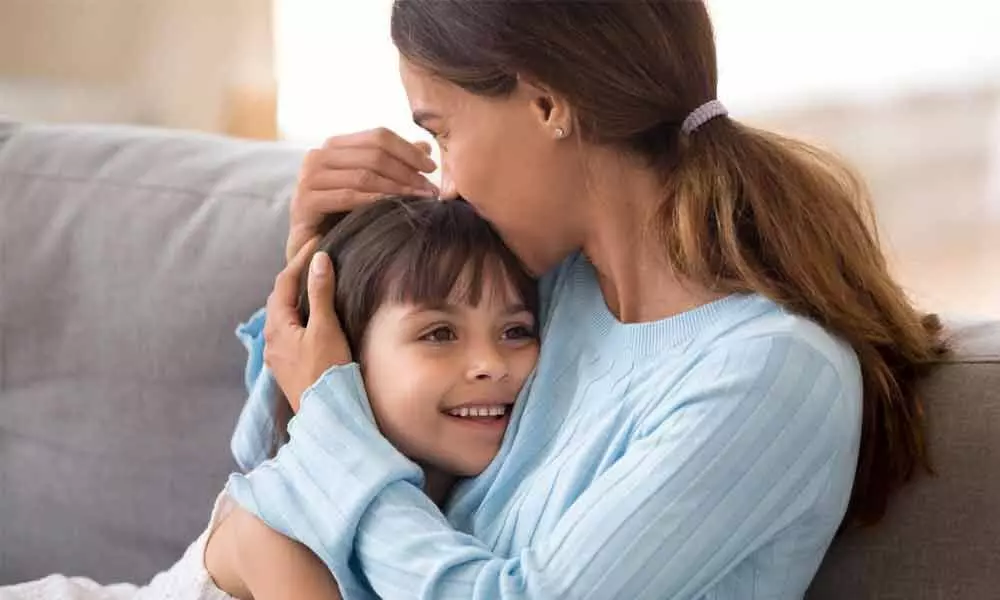Strengthen a parent-child relationship

Strengthen a parent-child relationship
One-on-one time with your child can strengthen the parent-child bond, builds up your child’s self-esteem, and lets them know that they are special and valued
The most important relationship to a child is the one they develop with their parent or caregiver. Children learn about the world around them through a positive parent-child relationship. As they are growing and changing, children look to their parents to determine whether or not they are safe, secure, and loved. It is also the foundation from which they will build their future relationships.
You can build a positive parent-child relationship by being in the moment with your child, spending quality time together, and creating an environment where they feel comfortable to explore. There is no secret handbook or guaranteed approach to get this relationship right, and you'll likely find hardships along the way. However, if you keep working on improving your relationship, your child will surely blossom.
Here are some positive-parenting techniques that can help you strengthen the relationship between you and your child:
Show your love
Human touch and loving affection is needed at every stage of our lives for healthy emotional and neurobiological development. It is important that your child receive gentle, loving touch (i.e., hugs) from you several times throughout the day. Treat every interaction as an opportunity to connect with your child. Greet them with warm expressions, give eye contact, smile, and encourage honest interaction.
Say "I love you" often
It is often implied that we love our children, but be sure to tell them every day, no matter what age they are. Even when your child is being difficult or does something you don't like; this can be an excellent opportunity to remind them that you love them unconditionally. A simple "I love you" can have a major impact on your long-term relationship with your child.
Set boundaries, rules, and consequences
Children need structure and guidance as they grow and learn about the world around them. Talk to your children about what you expect of them and make sure they understand. When rules are broken, make sure to have age-appropriate consequences in place and be consistent with them.
Listen and empathise
Connection starts with listening. Acknowledge your child's feelings, show them you understand, and reassure them that you are there to help with whatever they need. Try to see things from your child's perspective. By listening and empathising with your child, you will begin to foster mutual respect.
Play together
Play is so important to a child's development. It is the tool through which children develop language skills, express emotions, foster creativity, and learn about social skills. Additionally, it is a fun way for you to strengthen your relationship with your child. It does not matter what you play. The key is to just enjoy each other and commit to giving your child your undivided attention.
Be available and distraction-free
Setting aside just 10 minutes a day to talk to your child, without distractions, can make a big difference in establishing good communication habits. Turn off the TV, put away your electronic devices, and spend some quality time together. Your child needs to know that you believe they are a priority in your life despite the many distractions and stressors that come your way.
Eat meals together
Eating together as a family can often lead to great conversation and bonding time with your child. Encourage everyone to put their phones or other devices away and simply enjoy each other's company. Meal time is also a great opportunity for you to teach your children the importance of a healthy and balanced diet, which also effects their overall mental health.










